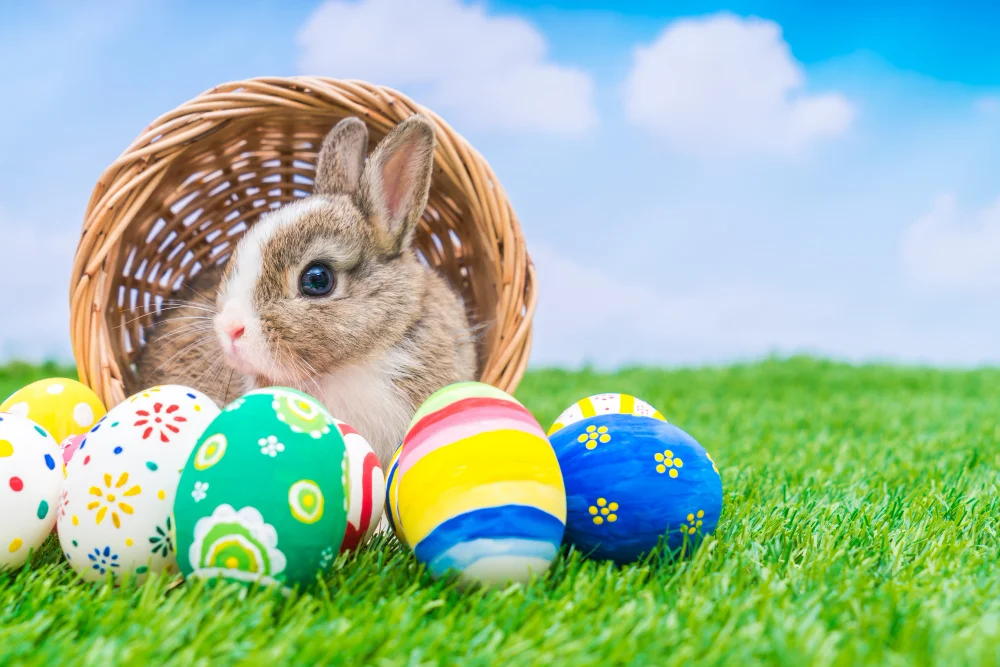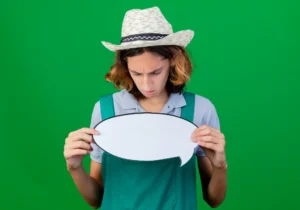Have you ever found yourself hesitating when someone cheerfully says, “Happy Easter”? Maybe you’re halfway through the supermarket queue or entering your local coffee shop, and someone offers that warm greeting. You smile, nod, and maybe mutter something generic in return—but inside, you’re thinking, “Was that the right thing to say?”
That exact moment caught me off guard one chilly Easter morning outside a bakery in Oxford. A woman I barely knew smiled and said, “Happy Easter!” I replied with a rushed, “Same to you,” and instantly felt like I’d missed a chance for a more heartfelt exchange. That awkward pause led me down a rabbit hole—asking friends, reading social etiquette blogs, and reflecting on what makes a good response feel right.
Turns out, a small moment of connection can go a long way.
Why Thoughtful Responses to “Happy Easter” Matter
Easter may mean chocolate eggs and family meals to some and a deeply spiritual celebration to others. Regardless, when someone wishes you “Happy Easter,” they’re extending kindness.
Responding with intention shows emotional intelligence. It also reflects our ability to be present in the moment—even during everyday exchanges.
“Micro-interactions, like holiday greetings, are opportunities to strengthen social bonds,” says Olivia Byrne, a communication coach based in Edinburgh. “It’s not about saying something profound. It’s about being genuine.”
Simple Yet Sincere Replies Anyone Can Use
You don’t always need a witty comeback. Sometimes, the best replies are the ones that feel natural:
- “Thanks—hope yours is lovely too.”
- “Really appreciate that. Wishing you the same.”
- “That’s kind of you—hope your Easter’s a happy one.”
These are calm, friendly, and work in most settings—from the office to the post office.
How Your Relationship Shapes Your Response
Your response to a friend likely won’t be the same as your reply to your supervisor. Here’s how to tailor it:
Friends
- “Thanks! Are you knee-deep in chocolate eggs yet?”
- “Cheers! Got any big Easter plans or just chilling with family?”
Family
- “Happy Easter, Mum—smells like you’re cooking something amazing already.”
- “Thanks, Gran! Can’t wait to catch up later.”
Work Colleagues
- “Thanks a lot—hope you enjoy a well-earned rest.”
- “Appreciate that! Got any weekend downtime planned?”
Tailoring your response shows you’ve put thought into the conversation.
If You Don’t Celebrate Easter
You might not observe Easter for personal, cultural, or religious reasons. And that’s completely fine. A gracious response still shows respect:
- “Thank you—wishing you a peaceful weekend.”
- “That’s kind. Hope you enjoy time with those who matter most.”
- “I appreciate that—may your holiday be joyful.”
“You don’t have to mirror someone’s beliefs to acknowledge their goodwill,” explains Priya Desai, a researcher in interfaith dialogue. “It’s more about connection than conformity.”
Light-Hearted Responses for the Right Crowd
Sometimes, a bit of humour adds a human touch—especially among friends:
- “Back at you! May your eggs be chocolate and your day drama-free.”
- “Thanks! Already lost track of how many hot cross buns I’ve had.”
- “Cheers—may the Easter bunny bring strong coffee and no crumbs.”
Just make sure the setting’s right—jokes work best where playfulness is welcome.
Writing it Down: Texts, Cards, and Emails
When you’re replying in writing, a little extra warmth goes a long way:
Text Messages:
- “Thanks! Hope today’s as lovely as you are. 🌸”
- “Wishing you sunshine, good food, and a restful weekend.”
Greeting Cards:
- “Your kind wishes brightened my day—wishing you joy, health, and family moments this Easter.”
Emails:
- “Thank you for the kind Easter wishes. I hope your holiday is full of rest and good company.”
Written replies give you more space to express care—and they tend to linger in people’s memories.
When You’re Late to the Reply
Life gets busy. If you missed someone’s Easter greeting, a belated response still counts:
- “Just catching up—thanks for the lovely wishes! Hope you had a great Easter.”
- “Sorry I missed this earlier—hope your Easter was joyful and restful.”
A late message can still feel warm when it’s intentional.
The Nonverbal Part of Your Response
Sometimes, how you say something matters more than what you say:
- Smile with your eyes—not just your mouth.
- Mirror their tone—keep it light if they’re cheerful; mellow if they’re soft-spoken.
- Don’t rush—pause and be present, even if it’s just a moment.
Research from the British Psychological Journal found that nonverbal cues like voice tone and eye contact heavily influence how sincerity is perceived. Words are just one part of the package.
FAQs
What’s a safe response for any situation?
“Thanks—hope you enjoy the weekend too.”
Can I reply even if I don’t celebrate Easter?
Absolutely. A simple, respectful response works well: “Thank you—hope you have a lovely holiday.”
Should I use emojis?
In casual texts, yes! Emojis like 🐣🥚🌼 can add warmth. In professional messages, best to skip them.
Is it rude not to reply?
It’s always polite to respond, even if briefly. Acknowledging someone’s greeting shows basic courtesy.
Final Thoughts: Intentional Words Make a Difference
There’s no ‘perfect’ way to reply to “Happy Easter.” What matters is that your words are thoughtful and true to you.
Whether you’re sharing a heartfelt wish with your nan or a playful quip with your best mate, the goal is simple: make the moment warmer.
Do you have a go-to Easter reply? Or a favourite memory of a festive greeting that made you smile? Drop it in the comments—I’d genuinely love to hear how you make Easter greetings more meaningful.




